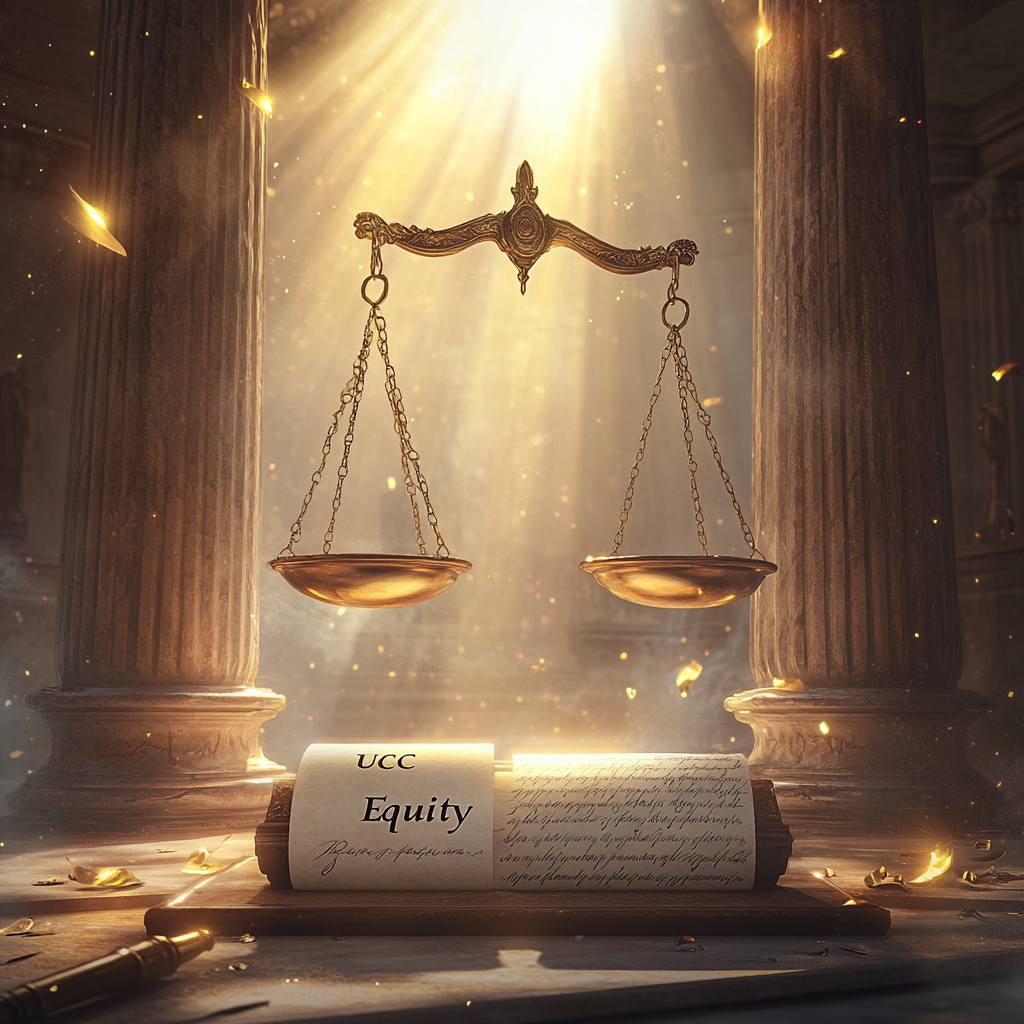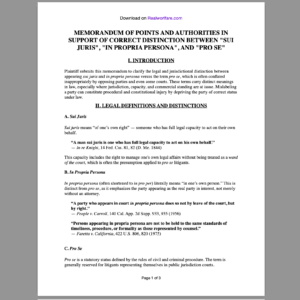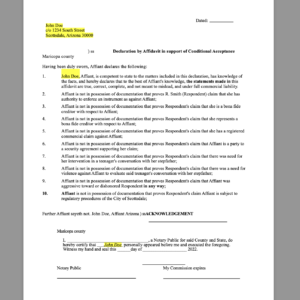⚖️ 1. Black’s Law Dictionary (11th Edition) – West Publishing
Equity
A system of jurisprudence founded on principles of fairness, conscience, and natural justice, supplementing strict rules of law.
Equity is administered in courts of chancery and includes:
Equitable remedies such as injunction, specific performance, and reformation.
Equitable rights such as equitable title and beneficial interest.
Equity allows courts to act in situations where common law would result in unjust outcomes.
Sub-definitions from Black’s:
-
Equity of redemption – The right of a mortgagor to reclaim property after default by paying off the full debt.
-
Equitable interest – An interest held by virtue of an equitable title or right.
-
Equity jurisdiction – The court’s power to hear cases and grant remedies not available at law.
-
Maxims of equity – General principles such as “Equity regards as done that which ought to be done” and “He who comes into equity must come with clean hands.”
📘 2. Bouvier’s Law Dictionary (1856 Edition)
EQUITY.
In its broadest sense, equity signifies natural justice or right. It is the soul and spirit of all law. In a stricter legal sense, equity refers to the body of jurisprudence that arose in the English Court of Chancery and was designed to provide relief when no adequate remedy existed at law.
Main Components:
-
Equity corrects, moderates, and perfects the rules of common law.
-
It offers remedies not available at law, such as:
-
Specific performance
-
Reformation
-
Injunction
-
Constructive trusts
-
-
Equity operates in personam (against a person) rather than in rem (against a thing).
🏛️ 3. Oxford Dictionary of Law
Equity
A branch of law that developed alongside common law to remedy its deficiencies.
Equity focuses on fairness and justice and is based on discretionary principles.
📚 4. Corpus Juris Secundum (C.J.S.) – American Legal Encyclopedia
Equity
A system of jurisprudence administered by courts of chancery as distinguished from courts of common law.
Equity is intended to prevent injustice by giving relief that is unavailable under strict legal rules.
📘 5. American Jurisprudence (Am. Jur.)
Equity
The system of remedies and procedures in civil law developed to supplement the common law and afford relief where justice would otherwise be denied due to the rigidness of law.
Equity addresses matters of trust, contract reformation, fiduciary obligations, and property rights.
🔍 6. West’s Encyclopedia of American Law
Equity
A system of law originally developed by the English chancery courts and intended to be more flexible than common law.
Emphasizes fairness, moral rights, and natural justice.
✅ Key Equitable Principles (Maxims of Equity) – Common Across All Sources
-
Equity acts in personam
-
Equity regards as done that which ought to be done
-
He who comes into equity must come with clean hands
-
Equity aids the vigilant, not those who slumber on their rights
-
Equity follows the law













Recent Comments